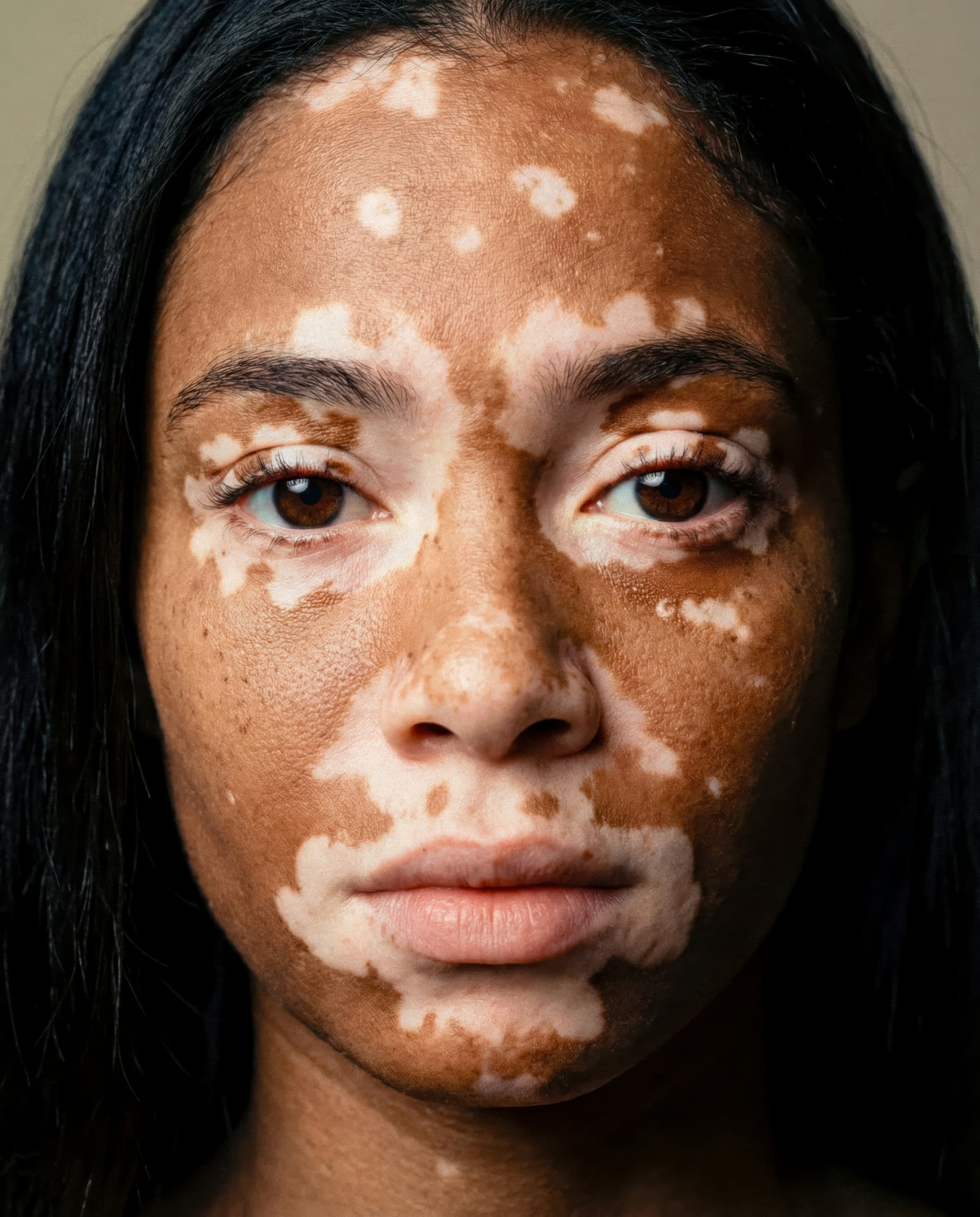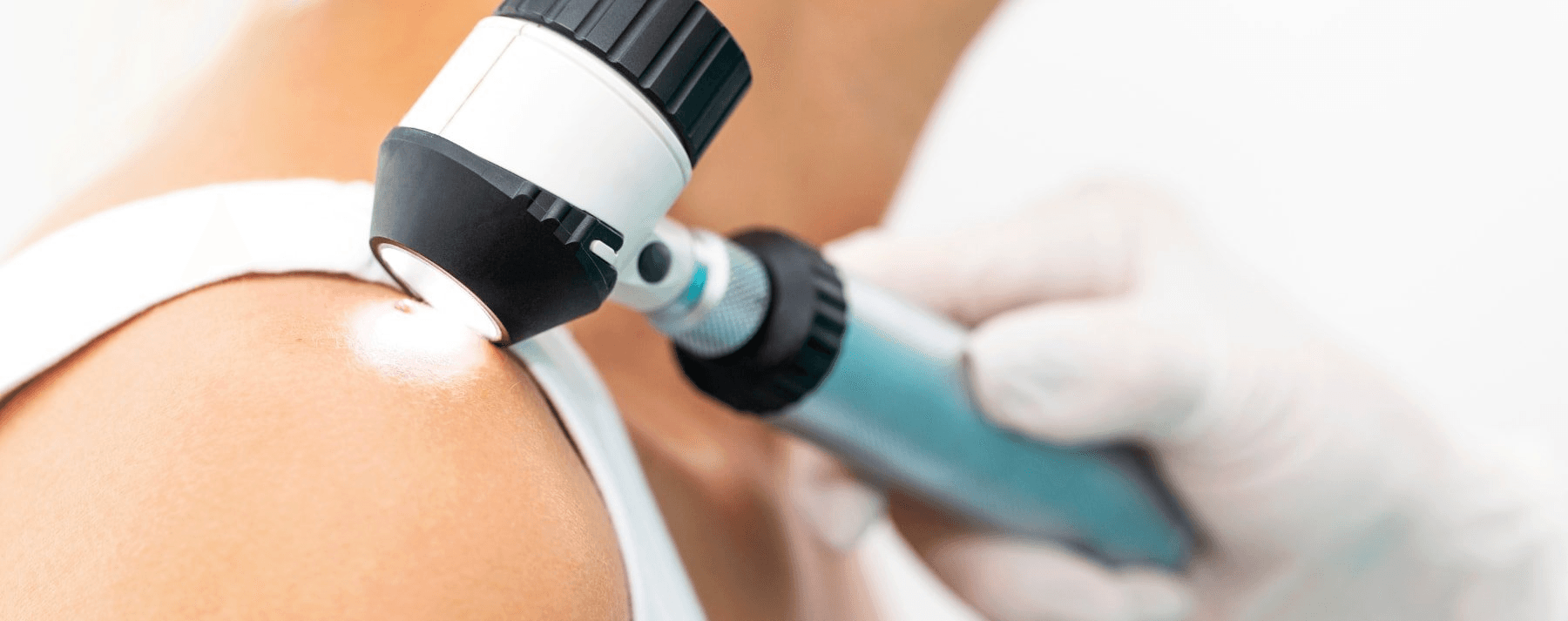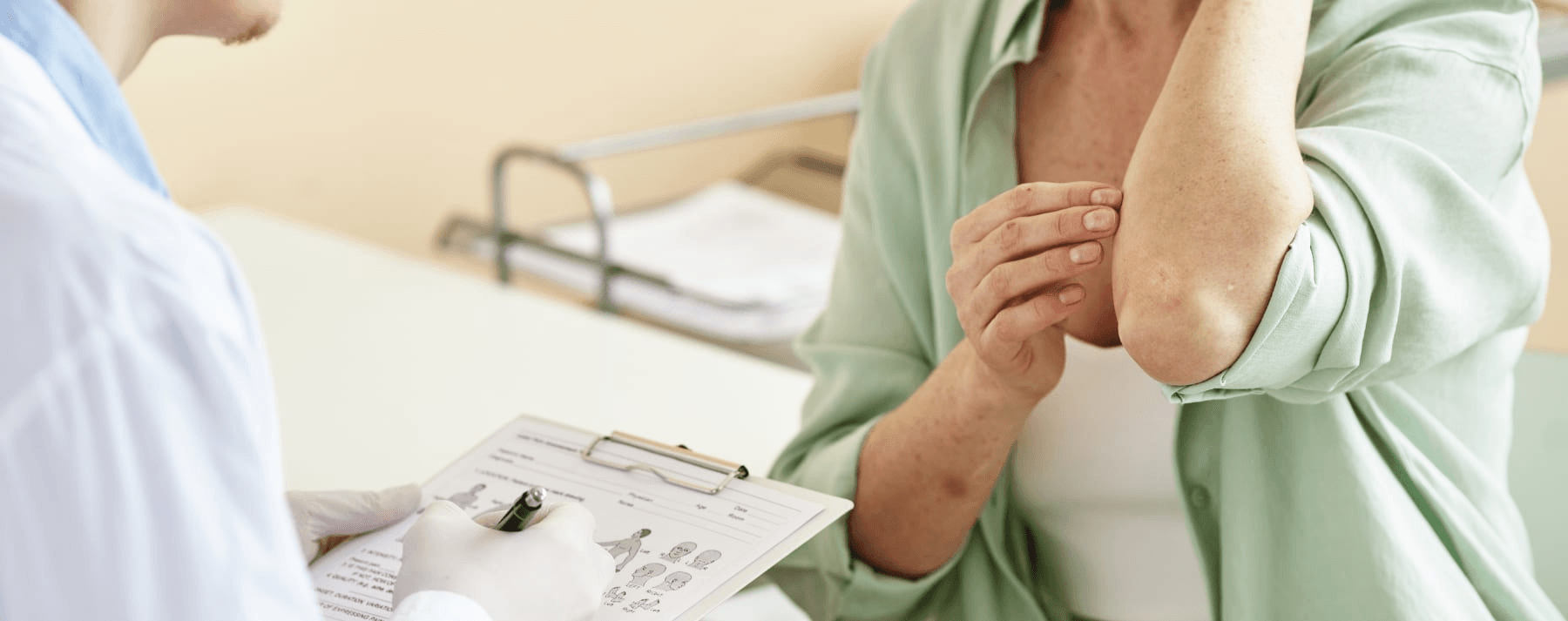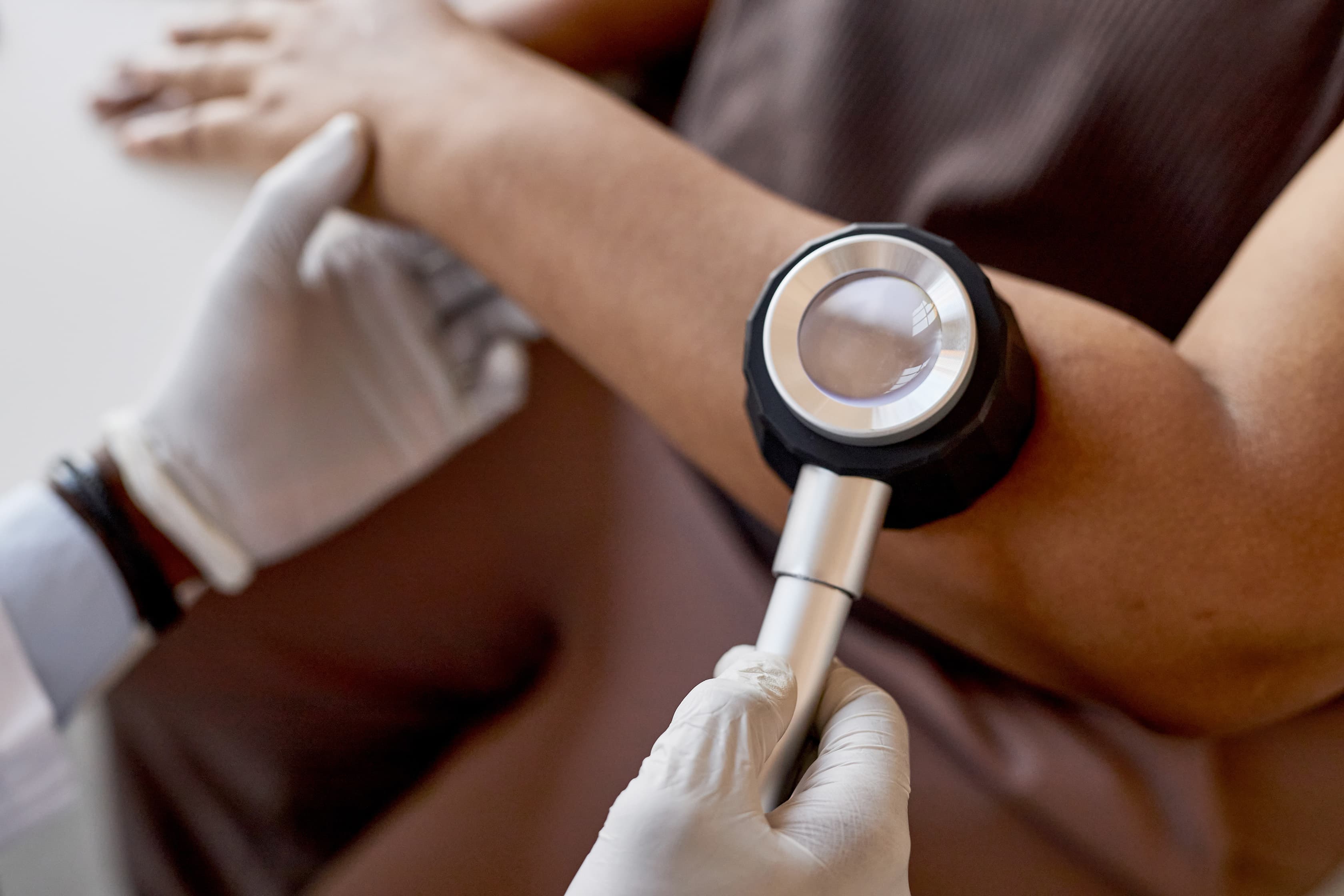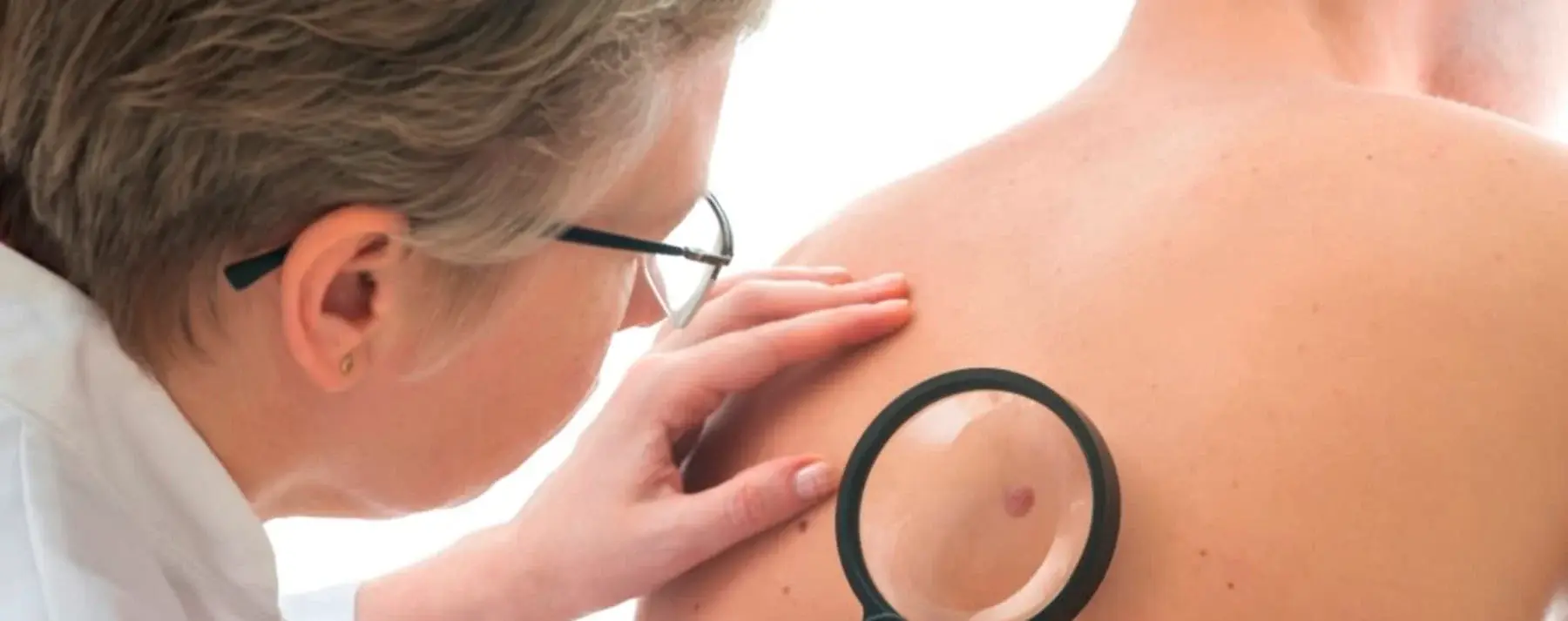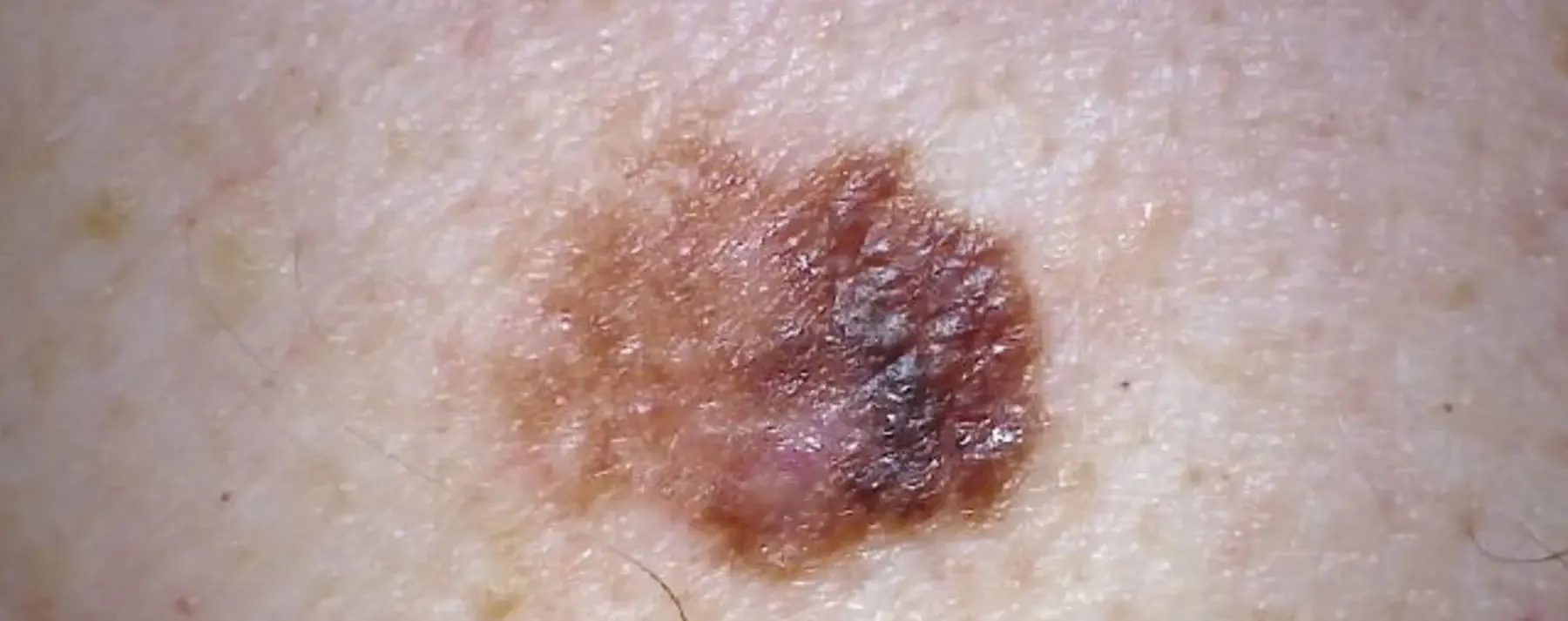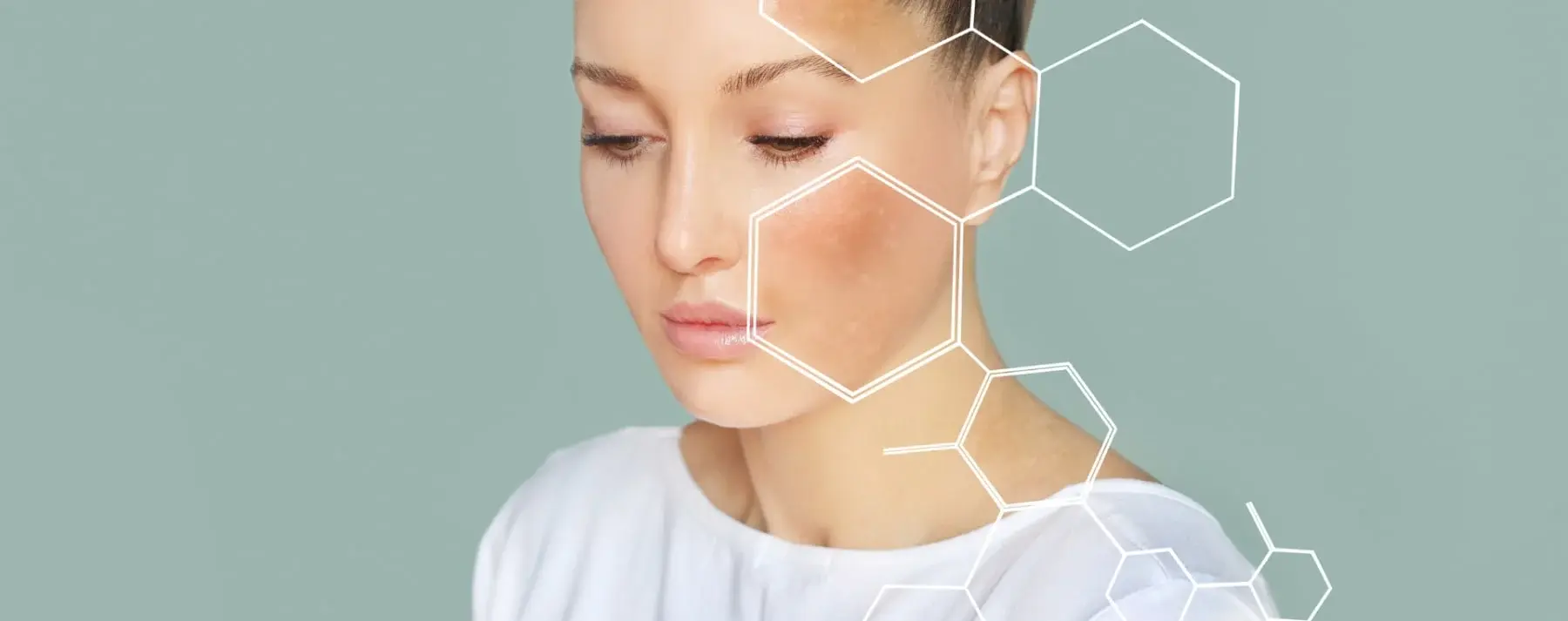Resources

Fundraising events & resources
Manchester Marathon
Registration Fee: £50
Fundraising Target: £400
Research
Research
BSF funded research advances melanoma prognosis: Identifying high-risk patients early
2 minutes read time
Research
A MicroRNA journey: From psoriasis to wound healing
2 minutes read time
Research
Dr Matthew Bottomley on his British Skin Foundation funded research into skin cancer in kidney transplant patients.
3 minutes read time
Research
UK-Irish Atopic eczema Systemic TherApy Register (A-STAR)
3 minutes read time
Research
Can diet affect psoriasis severity? BSF-funded research sheds light
2 minutes read time
Research
From laboratory to clinic: AMBLor® melanoma prognostic is now available to healthcare professionals
2 minutes read time
Latest news
View allShowing slide 1 of 1 in Latest news







